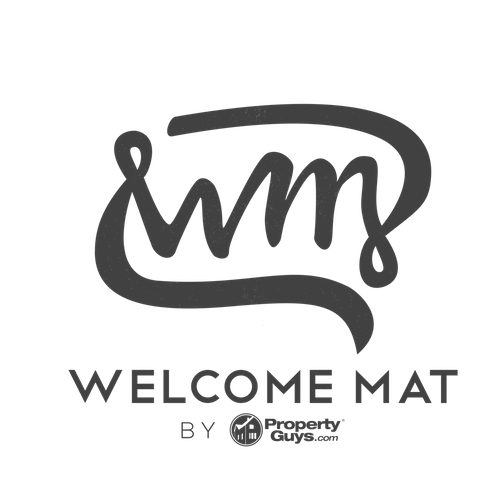Many people will give you the convoluted or academic definition of a mortgage as, “the charging of real (or personal) property by a debtor to a creditor as security for a debt (especially one incurred by the purchase of the property), on the condition that it shall be returned on payment of the debt within a certain period,” but a mortgage is simply a loan that you get to buy real-estate.
Getting a mortgage differs in many ways from getting a car or a student loan. Although many of the questions and the qualifying process may feel the same, but if you look under the hood it’s quite different.
When you are getting a loan for a house, generally speaking, you are committing for a longer period of time to return that money, because it is typically quite a large amount. Whereas with a car loan it’s generally shorter term with a lower amount borrowed (many of us don’t have $150,000+ vehicles!). Because of this, lenders (and hopefully you) will want the security of a larger down payment compared to smaller types of loans.
Since getting a mortgage is such a big decision, here are a two of the biggest considerations for planning your mortgage. Many people don’t plan for these things before consulting a mortgage professional – and while your broker or bank can help you figure these things out, thinking about it before you get to the mortgage process will set you up for success.
Step 1 – Know your budget
Your budget will be based on your current income vs any debts you have. Lenders will be looking to ensure that you can make your payments over the long term. They will call this your debt to income ratio.
Some guidelines to consider:
- Not more than 35% of your gross income (before taxes) should go towards your mortgage
- Not more than 40% of your gross income should go towards your mortgage and debts combined ( as an example; car loan + student loan +mortgage = > 40% of gross income).
- Think about your earning potential in the future and life changes like marriage or children. These things are part of your longer term financial planning and this is where a mortgage broker will give you more choice and planning tools to get the right mortgage for you not only today, but also down the road.
Step two – Save money!
Each lender in Canada will require that you have at least 5% down payment to buy your house, with at least 10% on the portion of your home above $500,000. Once you know what you can afford, you can reverse engineer what you need to save! You will also want to save for legal costs, inspections, appraisals and moving expenses – all extra costs associated with buying a property. The general rule of thumb is 1.5% of the purchase price, however our experience tells us that most buyers need 2% to ensure they do not go into a new home with all their savings depleted.
Pro Tip: An emergency fund of a few thousand dollars is always a good idea, after all, most homeowners will tell you that you never know what you could need to repair in your house at a moment’s notice, so planning for emergencies will give you peace of mind and save you that stress in the future.
Getting a mortgage is a huge decision. If you’re thinking you would like to buy a house in the next year, the reality is that you need to start planning now! However, each person is unique and each situation has its own variables, challenges and opportunities. A mortgage is a big decision and going into it with a roadmap will ensure that you are comfortable (not surprised!) when you decide to take the leap to homeownership.
Have a story idea, comment or want to be a contributor? Connect with us at welcomemat@propertyguys.com today!
 Sarah Albert
Sarah Albert
Sarah is the Principal Mortgage Broker at PropertyGuys.com Mortgage and the franchisee for PropertyGuys.com in Moncton, NB.










